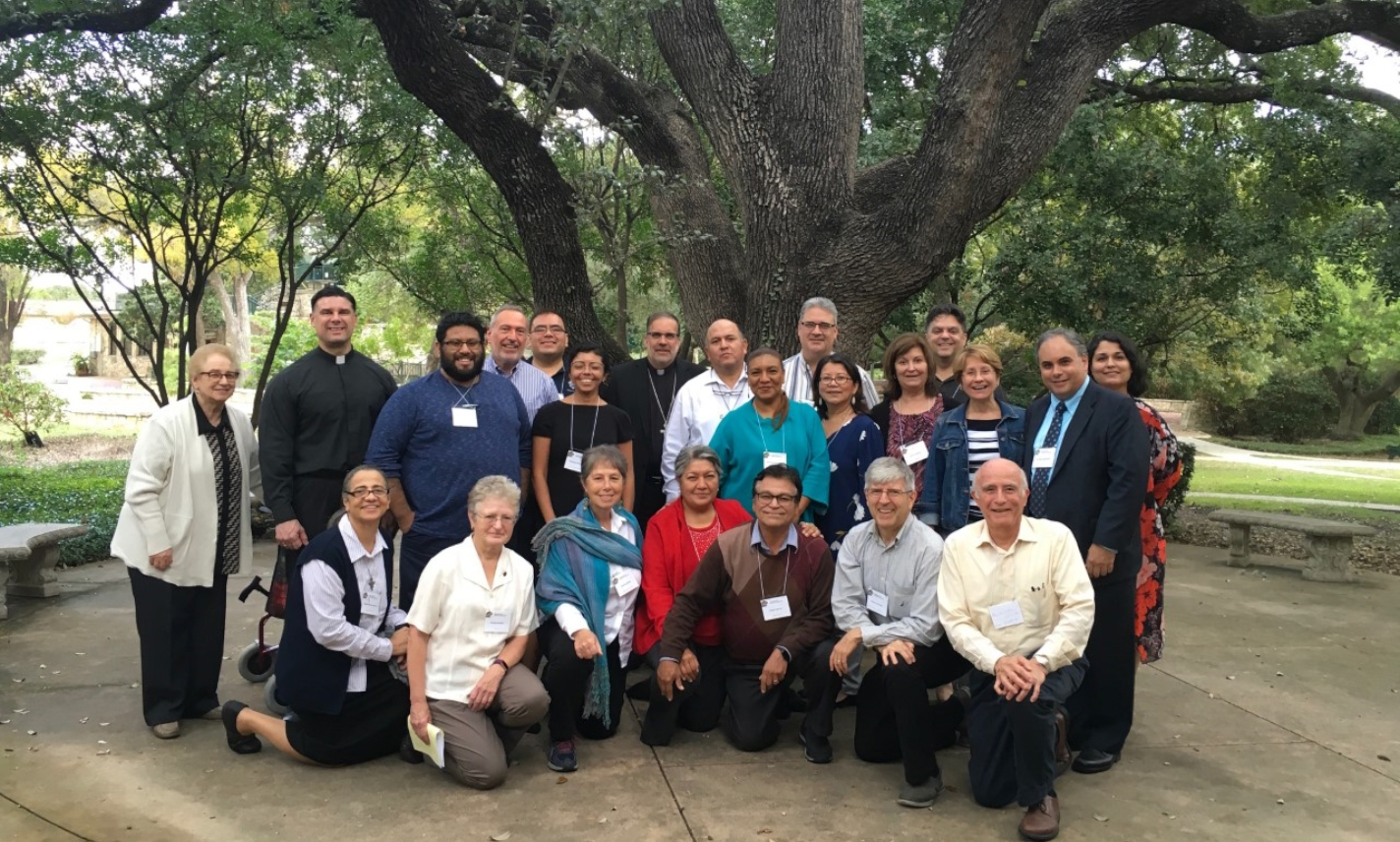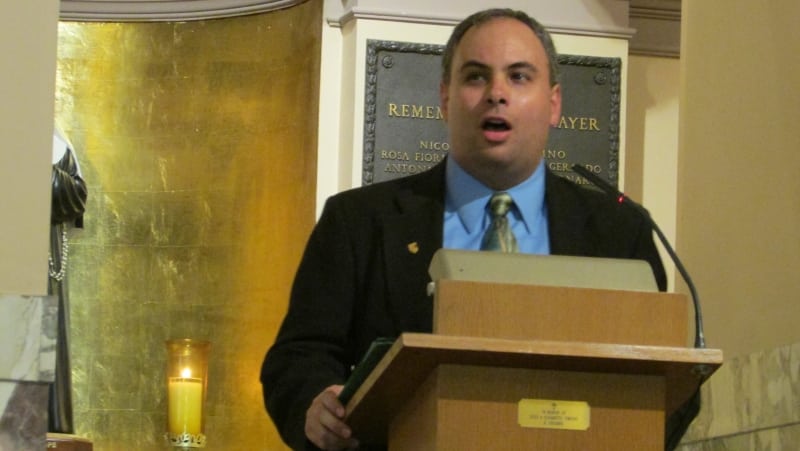My friends, it is good to be with you. I’m recording this in late March from my home where I along with you and many others are working, living, or sheltering in place, during this terrible pandemic. I am grateful for the work of my colleagues at the USCCB and the technology that allows me to record this and be with you. Even as I don’t know – as many of us don’t know – how the Covid-19 illness will develop for our country and world by the time you are hearing this, I nevertheless want to greet you all, as I frequently do:
“God give you peace!”
Those are words borrowed from St. Francis of Assisi, who, whenever he was preaching would begin or end with those words. As we all continue to strive to be as safe as we can during this pandemic and as many continue to work among those in great need and with great risk to themselves – thinking especially of health care workers, ministers from many faiths, especially our own priests, deacons and lay ministers, chaplains and others – and many more who continue to work at their jobs to care for our needs – to all of us, we lift up St. Francis’ simple prayer that we can all be aware of God’s peaceful presence in very stressful times.
And they are difficult times – when we often find ourselves turning to God in prayer, asking for protection from illness ourselves or for a loved one.
Those who have already been afflicted with Covid-19 may suddenly find themselves seriously ill or even close to death – even those who had been very healthy. We remember them in prayer deeply in our hearts and entrust them to God’s protection as well.
The readings for Mass today, which you can read on the USCCB website or perhaps hear through viewing an online celebration of the Eucharist focus on the way God shepherds and protects the people. As we continue our Lenten journey to Holy Week and Easter in this extraordinarily difficult time we are reminded that God is the shelter for all of us. The promise of the first reading from Ezekiel is of how God will gather the Chosen People back together, undoing the divisions that broke them apart and sent them to exile. God promises to guide them as a just and righteous leader.
And the psalm also speaks of the promise of God being a shepherd watching over the flock.
Finally, the Gospel is indirectly about Jesus fulfilling that promise of God for us, as John presents the debate in the Jewish leadership group – the Sanhedrin – about Jesus. While the Jewish authorities – many of whom are aligned with the occupying Romans worry that Jesus’ message about God’s kingdom will get them into trouble with the Romans – and set in motion the terrible plot to destroy him – we know that Jesus is not deterred.
Even as we begin Holy Week tomorrow, we know the end of the story – that Jesus himself lifts his arms on the cross – crucified because of our sins – but becomes our eternal safe shelter.
One of the great images from the ancient Litany of the Cross prayer is that the cross is the healing of those who are distressed. As we prepare to commemorate together – though in our separate places – the passion of the Lord, perhaps that image of the cross can be a consolation and healing for us.
+ + +
As Director of Certification for Ecclesial Ministry and Service at the United States Conference of Catholic Bishops (USCCB), I have the opportunity to record video reflections on the readings of the Scriptures proclaimed at daily Mass. I do so as part of larger group of colleagues at the Conference, along with lay and ordained leaders from around the country. I am grateful for the opportunity to reflect on the meaning of the readings for the life of faith today and to share them here, along with the written text of the reflections. To view these video reflections for past and upcoming celebrations of the Eucharist, visit the USCCB website.


 Request Dr. DelMonico's professional services for a liturgical, ministerial or leadership consultation, or for an academic or public presentation.
Request Dr. DelMonico's professional services for a liturgical, ministerial or leadership consultation, or for an academic or public presentation.